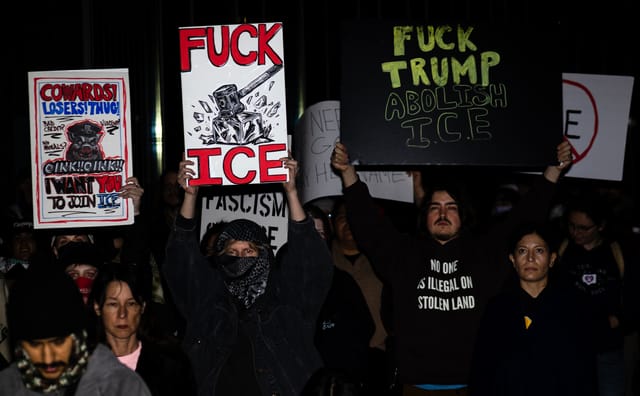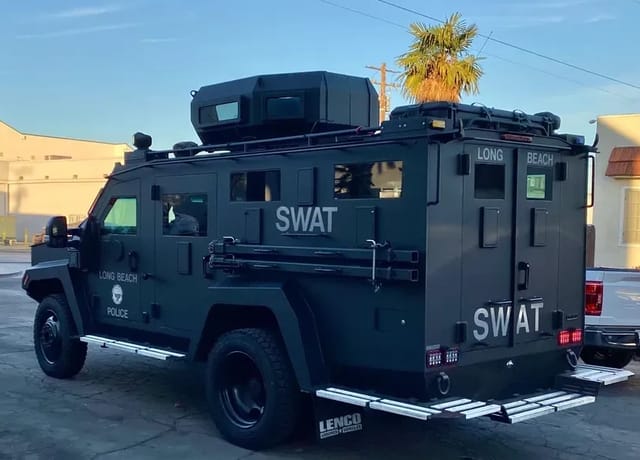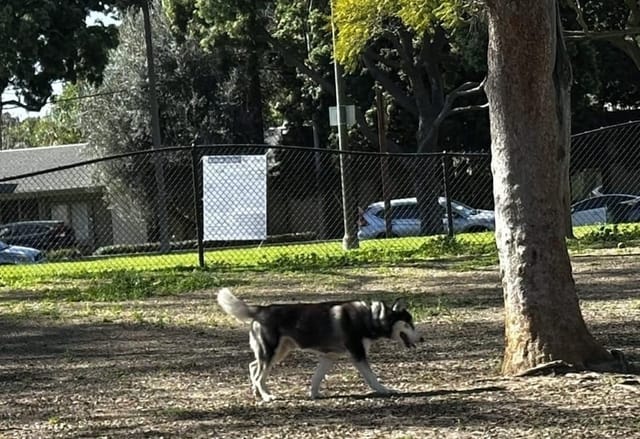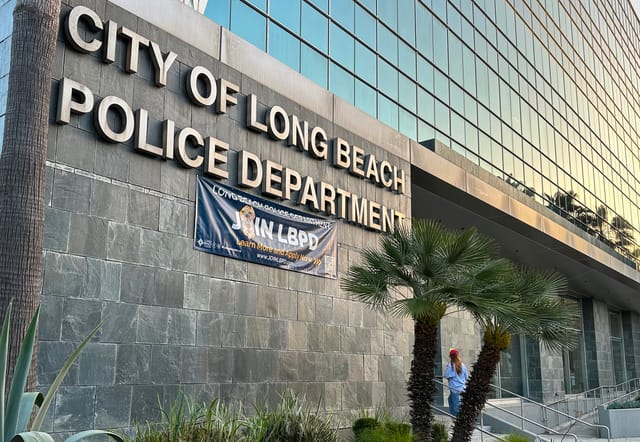Critically Speaking: Don’t be a nuisance
Long Beach could look to crack down on problematic, vacant properties.
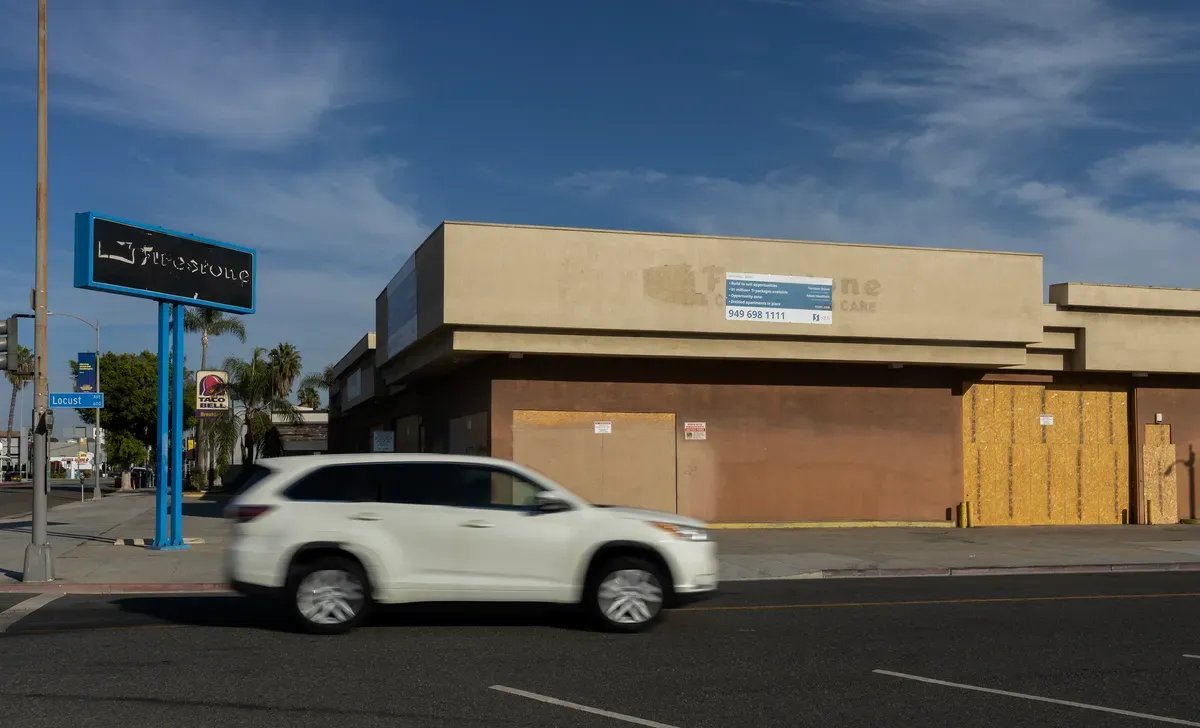
No one likes living next to the problem house or business on the block.
When everyone else in the neighborhood gets to enjoy relative peace on most nights, those who live next to the problematic parcels have to deal with occasional graffiti, dumped items, fires and other quality-of-life issues.
I say this as a person who lives behind a nuisance property but after hearing some of the testimonials given before the City Council on Tuesday, I can officially consider myself one of the lucky nuisance property neighbors.
Sure, the lot is often covered in loose trash and it’s my assumption that the constantly overflowing dumpster has something to do with that. Then there are the overgrown trees and bushes that make it tough to navigate the sidewalk at times.
There are also the repeatedly broken windows, which you can’t blame on the property owner. But you can blame them for not clearing the sidewalk of broken glass for weeks on end.
You get the point.
But my trivial issues with the partially abandoned commercial building behind my home pale in comparison to alleged drug deals, fires and people living in the crawl spaces of other vacant buildings across the city.
There are hundreds of vacant lots, empty storefronts or otherwise vacant properties across the city and now the City Council is asking for more tools to rein in the problematic properties.
A trio of council members asked for “enhancements” to the municipal code to make sure that property owners are complying with city codes until the vacant lots or storefronts are developed or leased out.
Doesn’t the city already have these types of laws on the books?
The short answer is yes, but the rules may lack the teeth needed to bring some of the more troublesome locations (and owners) into compliance.
A few years ago the council adopted a vacant lot ordinance that is supposed to see the owners of those undeveloped lots do things like make sure the vegetation on and around their properties is appropriately maintained and that dumped items, graffiti and other forms of blight don’t accumulate on their lots.
In addition, the ordinance required those lot owners to pay a fee to help sustain the work that goes into the city monitoring these sites.
There’s also section 9.37 of the municipal code titled “Public Peace, Morals and Welfare” that lays out the remedies for nuisance properties that have led to the “diminution of the enjoyment, use or property values of adjacent properties.”
That section of the code gives the city the authority to issue administrative fines and the ability to escalate cases to a lawsuit against the property owner. However, the fines are capped at $250 and inclusive of any administrative fees, can only go up to $5,000.
Councilmembers asked for the ordinance to potentially allow the city to record violations against the title holder and work with lenders in the future to resolve nuisance properties. The new ordinance could also allow the city to issue criminal citations rather than the civil penalties currently allowed.
But whatever comes of this new ordinance could ultimately come down to the city’s ability to employ code enforcement staff. The city’s Community Development Department has 49 budgeted positions in its code enforcement bureau or roughly one position for every 10,000 people in the city.
Having enough code enforcement staff, or having them work at times when violations are occurring, has been cited as an issue with corralling rogue Airbnb hosts, rowdy outside dining areas and other complaints in the past.
What happened this week:
What started out as a broken water main Wednesday afternoon turned into a multi-day fiasco for several communities in the city that were, as of early Friday morning, under a boil water directive as the city’s Utilities Departments conducted tests and made repairs to the damaged pipes. The affected neighborhoods included North Long Beach, Bixby Knolls, California Heights and Los Cerritos. Very early Friday morning, city officials announced that the drinking water was, in fact, safe and those residents would no longer have to take the extra precautions before drinking or using their tap water to prepare meals. During a press conference Thursday afternoon city officials said that those who were being affected by the boil water order could get free bottled water at Houghton Park or Somerset Park.
Something to keep an eye on:
Next week, the City Council is expected to get its first update on the city’s street vendor ordinance. As you might remember, the City Council adopted the ordinance earlier this year that spelled out rules like what kind of permits vendors needed and how far away from a lengthy list of city infrastructure they needed to be in order to legally operate in Long Beach. The ordinance also came with some pledged financial help to help vendors afford things like insurance and city-approved vending carts. So far, the uptake on the “Sidewalk to Success” program has been slow from what I’ve heard from non-profit groups monitoring the situation. Tuesday could provide some data points for how successful Sidewalk to Success has been in its first few months.
We need your support.
Subcribe to the Watchdog today.
The Long Beach Watchdog is owned by journalists, and paid for by readers like you. If independent, local reporting like the story you just read is important to you, support our work by becoming a subscriber.


